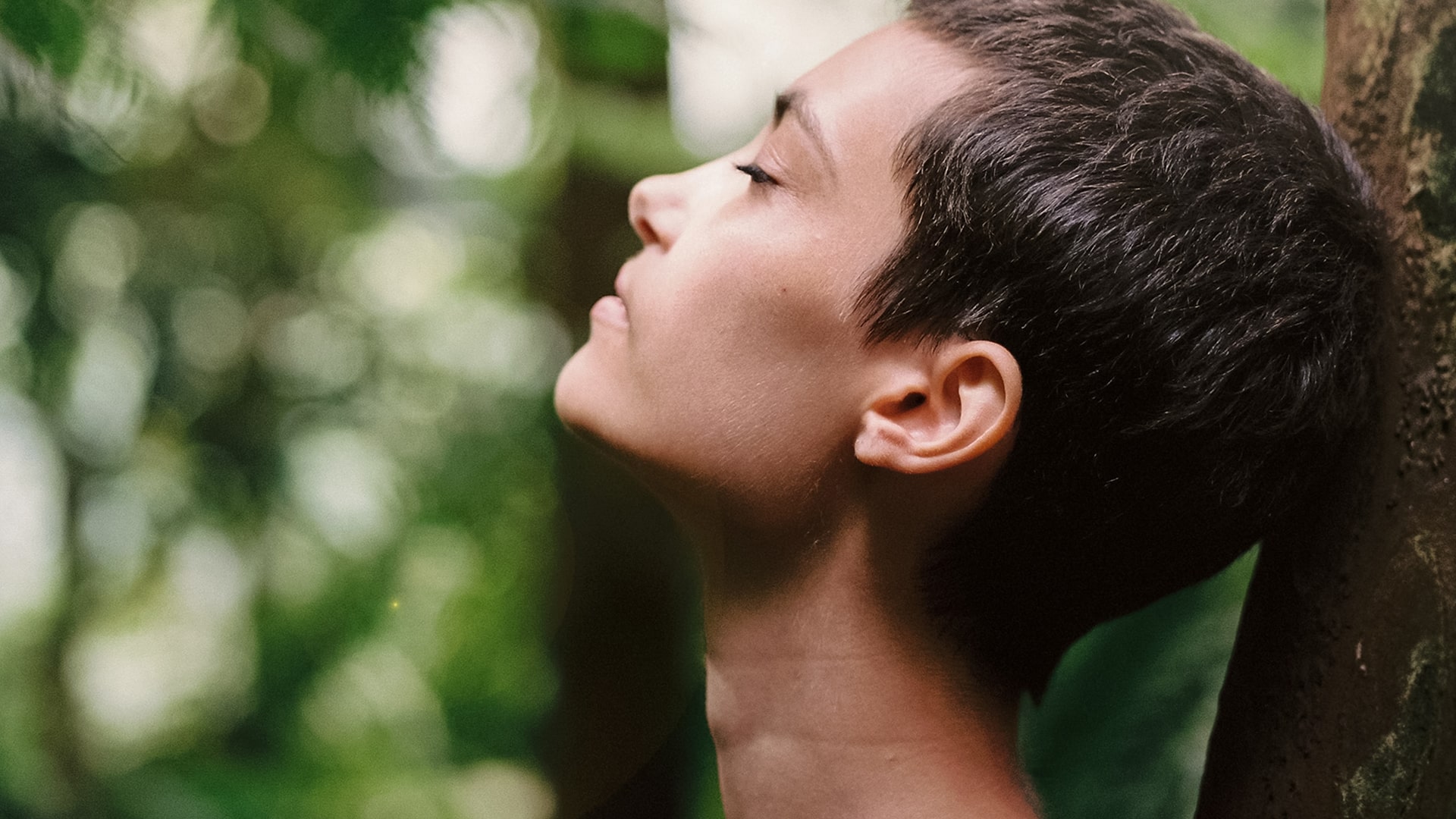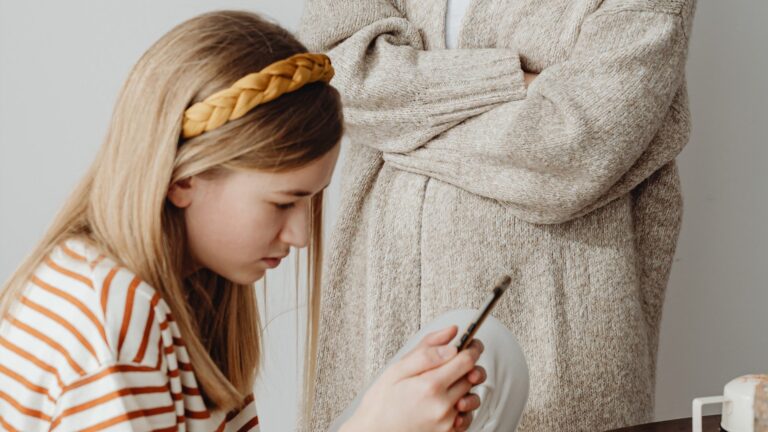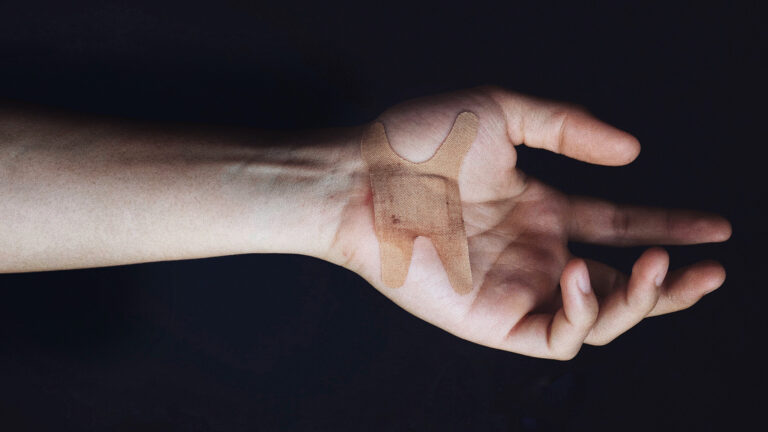A study conducted in 2019 by Julia Basso C. showed decreased anxiety, depression and negativity after just 8 weeks of mindfulness meditation training.
Mindfulness can help increase positive emotion, decrease unnecessary suffering, and create a life of personal growth and meaning.
But what is mindfulness and how could it help you?
Core principles
There are seven core principles of mindfulness:
- Non-judging
- Patience
- Beginner’s mind
- Trust
- Non-striving
- Acceptance
- Letting go
Whilst it may take time to put all these principles into practice, when you do, they can make such a difference to how you experience life.
Imagine being able to approach a new activity or task with a ‘beginner’s mind’ – really experiencing it and taking in all the new learnings. Without prejudgement of whether you can or can’t do it, as well as what others might say and letting go of the outcome. How refreshing and freeing!
How exciting to be able to fully immerse yourself in the experience, rather than what is going on around you.
Active thought life
Do you know how may thoughts we have a day? Research shows that we have around 60-70,0000 thoughts a day.
A lot of this happens automatically and bearing in mind we as humans have a negative bias, a lot of these thoughts might be causing anxiety, stress, and depression.
Imagine simply being able to let go of some of these negative thought patterns. Imagine being able to experience a thought but then being able to simply put it on a leaf, or balloon, or whatever resonates with you. To be able to just let it go. What difference would this make to you?
Mindfulness can be informal or structured
Mindfulness doesn’t need to be structured, you can be mindful when you are brushing your teeth, when you are in the shower. You could put it into practise when you go out for a walk; paying attention purposefully, noticing the leaves, the patterns and sounds of nature.
Alternatively, you can make it into a formal practice by setting aside dedicated time. Where you can either practice being present and experiencing the moment, or even listening to a guided meditation.
Mindfulness is whatever you want to make it. Whatever fits in with you and your lifestyle. It doesn’t need to take up lots of time, or lots of effort. It’s about being present. Not worrying about the past or being anxious about the future – just living each second of life to the fullest, and experiencing each moment.
Your mind is likely to wander, and when it does, just gently bring it back to the present moment. You can build your mindfulness muscle bit by bit.
How can mindfulness help?
Mindfulness practice is essential for healthy self-regulation and fully engaged living (Deci and Ryan, 2008). In the volatile and uncertain world that we live in, mindfulness can offer so much to help with our emotional and mental wellbeing.
Research shows that higher levels of wellbeing are associated with more positive than negative emotions and higher levels of life satisfaction, as well as personal growth and meaning in our lives (Carruthers and Hood, 2007).
It is very rare that we aren’t either rushing through life or experiencing tough times. I have heard many stories about high levels of anxiety, stress, and depression, and have even experienced this myself. It’s perfectly natural to feel unsettled and even overwhelmed, but mindfulness can help bring a sense of peace and freedom from anxious thoughts.
My experience with mindfulness
I will never forget my introduction to mindfulness. I had tried meditation before and never really taken to it. I thought it would be the same – getting told to try to not experience all the thoughts I was experiencing, trying to clear my mind.
I thought, do these people know how much goes through my head each second of the day? Childcare, finances, clients, building my businesses, the list was endless! Imagine sitting there and trying to forget about all that, and just be present in the moment? I thought they were mad, I thought I would never get the hang of it.
The lightbulb moment
The biggest lightbulb moment for me was when I experienced my first mindfulness session. I found out more about the principles, and what was at the essence of mindfulness practice.
Taking away the judgement that I had placed on myself, experiencing life to its fullest and being in the moment was so freeing. Experiencing the turbulence of all my thoughts, but being able to let them go made the biggest difference to me, and to my family.
Mindfulness and children
There have been numerous studies on the benefits of mindfulness for children and adolescents, with literature supporting the effectiveness of mindfulness interventions growing quickly.
Mindfulness-based stress reduction (MBSR) and mindfulness-based cognitive therapy have been shown to be particularly effective in improving the quality of life, academic competence, social skills and reducing somatic complaints, internalising symptoms and externalising behavioural problems when utilised for children and adolescents (Baer and Greco, 2011).
There are so many ways you can introduce mindfulness to your child or adolescent, it can be fun and interactive; giving them tools that would benefit them both now and in the future.
Starting your mindfulness journey
When starting your mindfulness journey, it is important to first adopt a non-judgemental and flexible approach. There might be times when you set out to practice mindfulness daily, but things get in your way. Be kind to yourself. Remember mindfulness doesn’t have to be formal and so planned, it can be taking a walk at lunch time, or simply being present in the moment.
If you would like to adopt a more formal approach and make use of some of the great guided meditations out there, I would highly recommend the Daily Calm Youtube channel, where you can explore lots of free resources and mindfulness recordings.
Wishing you a wonderful day.
Sarah x
A bit about the author…
Sarah Makinde is a Business Psychologist, Mindfulness Teacher and Cognitive Behavioural Hypnotherapist. She has over 20 years’ experience in the corporate environment and after going through her own journey with stress, anxiety and overwhelm, is passionate about helping her clients with similar issues.





